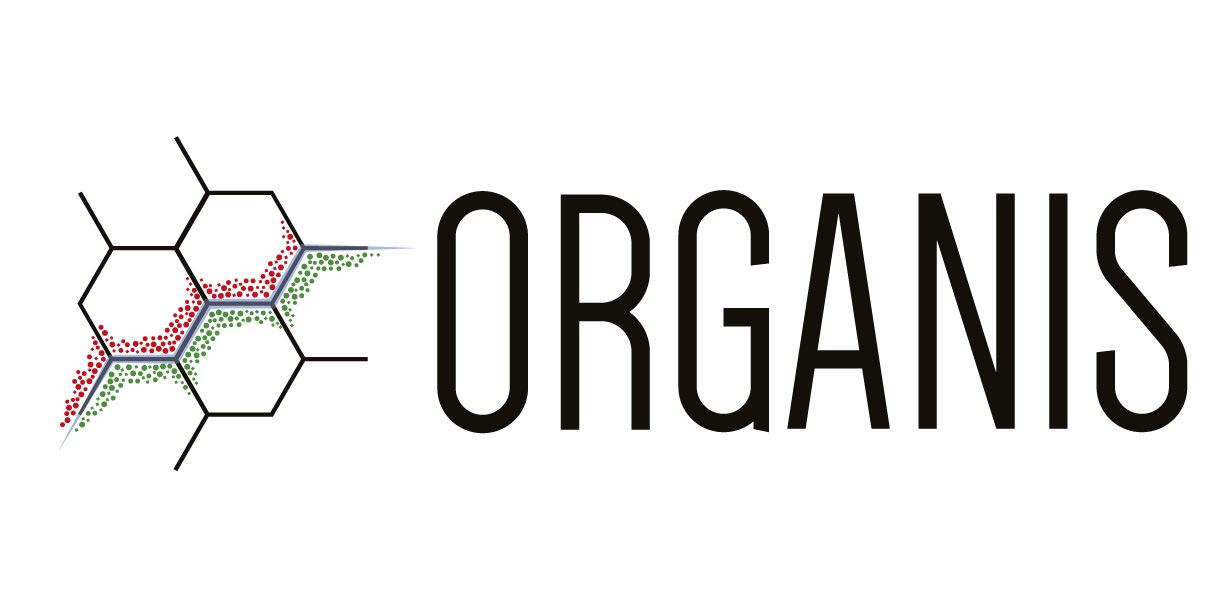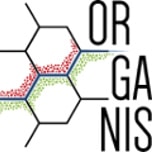ENCYLOPEDIA
Ginger
Ginger (Zingiber) is a plant with deciduous stems and yellowish green flowers. Medical ginger is a spice, edible and cosmetic plant.
Anti-infection and hazard ginger:
It's safe to consume ginger. Some people may have mild side effects, including heartburn, diarrhoea and general stomach problems. Some women reported additional menstrual bleeding while taking ginger.
Pregnancy
Ginger is safe when taken orally for therapeutic purposes during pregnancy. But using ginger during pregnancy is controversial. There are concerns that ginger may affect fetal sex hormones or increase the risk of premature birth. There is also a reported miscarriage at week 12 in a woman who used ginger. However, most studies on pregnant women suggest that ginger can be safely used for morning nausea without harming the baby. The risk of serious malformations in infants receiving ginger does not appear to be higher than the usual 1% to 3%. It also appears that there is no increased risk of early work or low birth mass. There are concerns that ginger can increase the risk of bleeding, so some experts advise against using it near the delivery deadline. As with any medicine given during pregnancy, it is important to weigh the benefit of the risk. Talk to your doctor before using ginger during pregnancy.
Breast-feeding
There is not enough reliable information on the safety of ginger intake if you are breast-feeding.
Bleeding disorders
Taking ginger may increase the risk of bleeding.
Diabetes
Ginger may increase insulin levels and/or lower blood sugar. Therefore, your diabetes medicines may need to be adjusted by your doctor.
Cardiac disease
high doses of ginger may worsen some heart conditions.
Diabetes medicines (antidiabetic medicines) and ginger
Ginger can lower blood sugar. Diabetes medicines are also used to lower blood sugar. Taking ginger together with antidiabetic medicines may cause low blood sugar levels. Monitor your blood sugar closely. The dose of the medicine for diabetes may need to be changed.
Medicines for high blood pressure (calcium channel blockers) interact with ginger
Ginger can lower blood pressure in a way similar to some medicines for blood pressure and heart disease. Taking ginger together with these medicines can cause too low blood pressure or irregular heartbeat.
Anticoagulant/antiplatelet agents react with ginger
Ginger can slow down blood clotting. Taking ginger together with medicines that also slowly clot, can increase chances of bruising and bleeding.
Ginger – general description
Ginger is commonly used in various types of "gastric problems", such as travel sickness, morning nausea, colic, upset stomach, gas, diarrhoea, irritable bowel syndrome (IBS), nausea, nausea due to cancer treatment, nausea caused by HIV/ AIDS treatment, nausea and vomiting after surgery, as well as loss of appetite.
Other uses include pain relief due to rheumatoid arthritis (RA), osteoarthritis, menstrual pain and other conditions. However, there is no strong evidence to support the use of ginger under these conditions.
Some people pour fresh juice on their skin to treat burns. Ginger oil is sometimes applied to the skin to relieve pain. Ginger extract is also used on the skin to prevent insect bites.
In food and beverages, ginger is used as a flavouring.
In production ginger is used as a fragrance of soap and cosmetics.
One of the chemicals in ginger is also used as an ingredient of laxatives, antigases and antacids.
How does it work?
Ginger contains chemicals that can reduce nausea and inflammation. Scientists believe that chemicals work mainly in the stomach and intestines, but can also work in the brain and nervous system to control nausea.
Ginger – Action and Trivia
Dried
It is known that phenolic compounds in ginger help relieve gastrointestinal irritation, stimulate saliva and bile production, and inhibit stomach cramps when food and fluids move through the gastrointestinal tract.
At the same time, ginger also appears to have a beneficial effect on the enzymes trypsin and pancreatic lipase and increases mobility in the digestive tract. This suggests that ginger can help prevent colon cancer and constipation.
Nausea
Chewing raw ginger or drinking ginger tea is a common cure for nausea while treating cancer.
Taking ginger for a motorized disease seems to reduce nausea, but does not appear to prevent vomiting.
Ginger can be safely used during pregnancy to relieve nausea. It is available as pastes for sucking ginger or candy.
Influenza
During cold weather drinking ginger tea is a good way to keep warm. He's perceptive, which means he's conducive to sweating, working to warm the body from the inside. It is a soothing natural remedy for cold or flu.
Pain reduction
A study involving 74 volunteers at the University of Georgia showed that daily ginger supplementation reduces muscle pain caused by physical effort by 25 percent.
It was also found that ginger reduces symptoms of painful menstruation, severe pain felt by some women during the menstrual cycle.
Inflammation
Ginger has been used for centuries to reduce inflammation and treat inflammation. A study published in Cancer Prevention Research reported that ginger supplements that can be bought online reduced the risk of colon cancer development in 20 volunteers.
It was also found that ginger is "moderately effective and fairly safe" to treat inflammation associated with osteoarthritis.
Cardiovascular health
Other possible uses include lowering cholesterol levels, lowering the risk of blood clotting and maintaining healthy blood sugar levels. More research is needed, but if proven, ginger can become part of the treatment of heart disease and diabetes.
Stomach ulcers
Regular consumption of ginger can help improve bowel health, says a study published in the magazine Molecular Nutrition & Food Research. It prevents ulcers that are usually characterised by bleeding and acute upset stomach. In addition, it also inhibits the development of H. pylori bacteria, which is the main ulcer agent, making the stomach healthy.
ulcerative colitis and Crohn’s disease can cause desolation in the body and leave you restless forever. Anti-inflammatory properties of helping ginger to treat these problems.
Reduces joint pain
Ginger strengthens bone health and relieves joint pain associated with arthritis. It contains gingerol, which has strong anti-inflammatory properties. Gingerol was directly associated with improvement in osteoarthritis, knee inflammation and rheumatoid arthritis, as mentioned in a study published in Arthritis & Rheumatism magazine. Along with this, it also suppresses inflammatory compounds such as cytokines and chemokines at the source before they begin to affect the body.
It relieves asthma symptoms
Ginger has traditionally been used as a drug for the treatment of respiratory disorders. Recent studies have also confirmed its anti-inflammatory properties. Zerumbon, an active compound, helps relieve asthma. Studies show that allergic respiratory tract inflammation is mainly due to the dominance of Th2 and the root root effectively suppresses it.
Liver protection
People suffering from tuberculosis can use ginger as it helps prevent hepatotoxicity. It also protects against cadmium poisoning causing liver damage caused by significant cadmium intake. Its essential oil protects against non-alcoholic fatty liver disease occurring due to obesity.
Prevents obesity
Ginger can help speed up weight loss and obesity management, helping to boost metabolism. It increases your endurance for effort, so you exercise well and return to form to fit in that outfit you were so excited about.
It relieves muscle pain
Ginger is known for reducing muscle pain and pain caused by exercise. The anti-inflammatory properties of this root should be attributed to this benefit.
Prevents menstrual cramps
Ginger helps to reduce the level of prostaglandins in your body, so it helps to relieve contractions. Scientists believe that high levels of prostaglandins contribute to increased menstrual hens. Contractions are a way to alert a unit with danger or damage. In this case, prostaglandins, which are hormones acting as chemical relays, are key triggers of symptoms such as cramps, pains and fever.
Increases heart health
Ginger protects cardiovascular health, lowering LDL cholesterol levels and increasing HDL cholesterol levels. This also reduces the risk of blood clotting by helping regulate hypertension and maintain a healthy heart.
It's detoxifying the body.
Ginger is good at promoting sweating. Sweat cleans the pores and allows the body to eliminate toxins. Studies have also shown that sweat contains a compound that fights germs called dermcidin. It has been positively combined with reduced bacterial and viral infections as it can form a gloss on the skin, which is a protective layer of previously unknown proteins.



